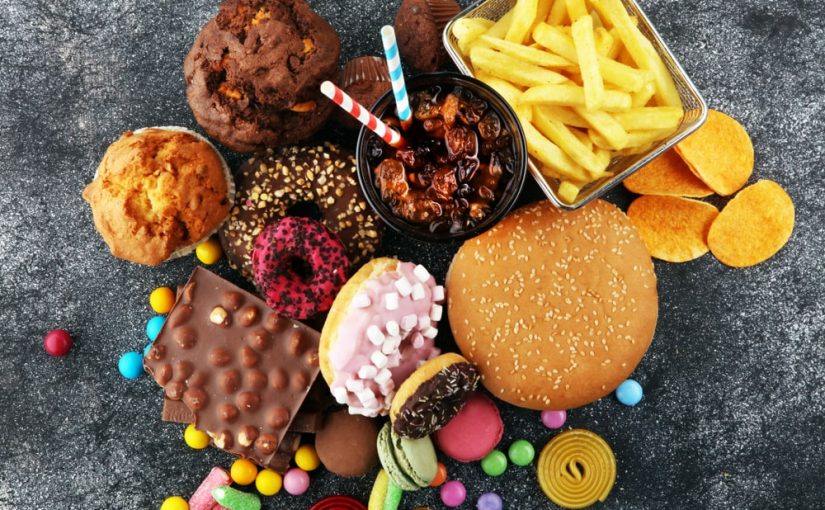What foods cause High Cholesterol?
Cholesterol is debatably one of the most misinterpreted ingredients. For years, individuals evaded healthy yet high cholesterol food products like eggs. They were afraid that such foods might enhance their cardiovascular risk. What foods cause high cholesterol is one of the most sought after topic for the food lovers.
Yet, recent studies indicate that, for a majority of individuals, consumption of healthy high cholesterol foods doesn’t damage health. Moreover, a few cholesterol-rich foods pack vital nutrients that are deficient in many individuals’ diets. This article highlights the foods to avoid with high cholesterol and what foods to eat to lower cholesterol.
List of some good cholesterol foods that are extremely nutritious:
1. Eggs:

High cholesterol patients often wonder if it’s fine to consume eggs, as egg yolk contains rich amounts of cholesterol. In general, it must be OK to eat, as cholesterol present in eggs does not exert a considerable effect on the levels of blood cholesterol.
It is found that one large egg (50 grams) offers around 207 mg of cholesterol. Also, consumption of whole eggs is seen to improve the levels of good (HDL) cholesterol. Thus, it can be classified under HDL cholesterol foods.
Also, eggs are a vital source of highly absorbable protein and valuable nutrients including vitamin A, selenium, and B vitamins. Studies indicate that consuming one to three eggs daily is flawlessly safe for healthy individuals.
2. Organ meats:
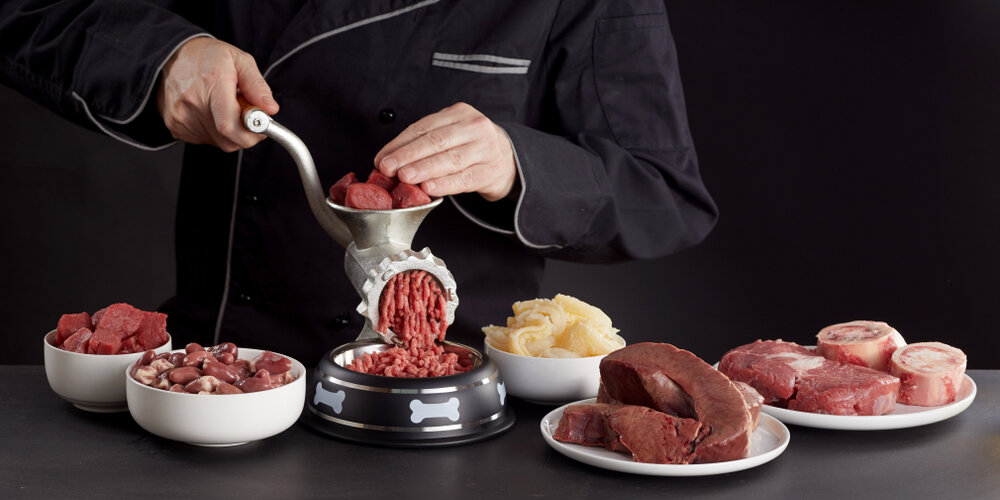
Another source of cholesterol is organ meats such as the liver, heart, and kidney. These are extremely nourishing. For instance, the chicken heart is a great source of the strong antioxidant CoQ10, vitamin B12, and minerals like zinc and iron. Moreover, it is rich in cholesterol, with one cup (145 g) serving offering 351 mg.
Also, a recent study found that moderate consumption of unprocessed meat, such as organ meats, had a reduced risk of cardiac problems in comparison to people who had less.
3. Cheese:
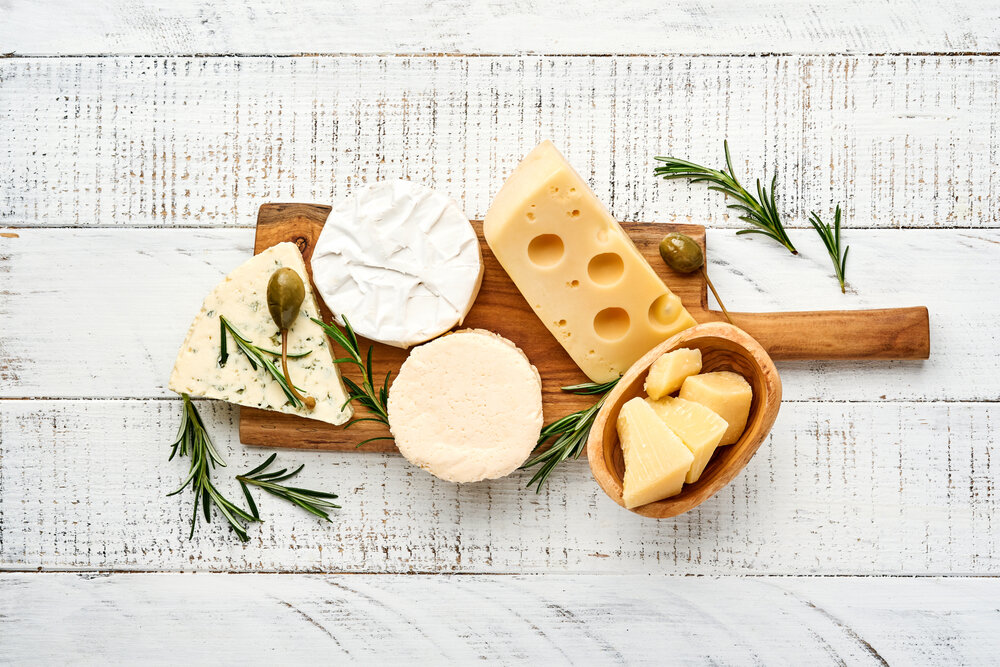
Roughly, 20 mg of cholesterol is derived from one slice (22 grams) of Swiss cheese. Even if cheese is associated with high cholesterol, numerous studies have found that full-fat cheese fails to elevate the levels of cholesterol.
One study observed that consumption of 80 grams of full-fat cheese daily (a high consumption) failed to elevate LDL (bad) cholesterol more than a similar amount of low-fat cheese.
Various forms of cheese come with different nutritional content. Many of them offer a rich amount of vitamins A, B, calcium, and protein. Cheese contains a rich number of calories. Hence, it is good to adhere to the suggested serving size of 27-55 grams at a time.
4. Shellfish:
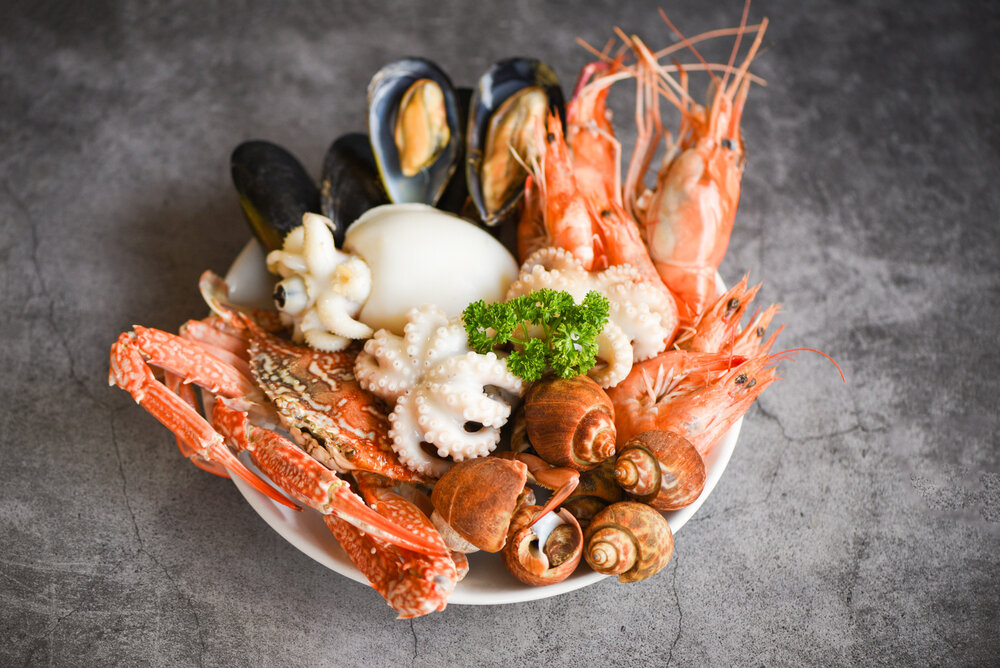
Shell-fish such as shrimp, clams, or crab are a vital source of B vitamins, iron, protein, and selenium. Moreover, they are rich in cholesterol. For instance, around 85-gram serving of canned shrimp delivers around 214 mg of cholesterol.
Additionally, shellfish comprise certain bioactive compounds like carotenoid antioxidants and the amino acid taurine. This aids in preventing cardiac problems and reducing the levels of LDL (bad) cholesterol. Thus, it can be classified under LDL cholesterol foods.
Older studies show that individuals who consume more seafood exhibit reduced rates of diabetes, cardiac problems, and inflammatory conditions like arthritis compared to those who consume less seafood.
5. Full-fat Yogurt:
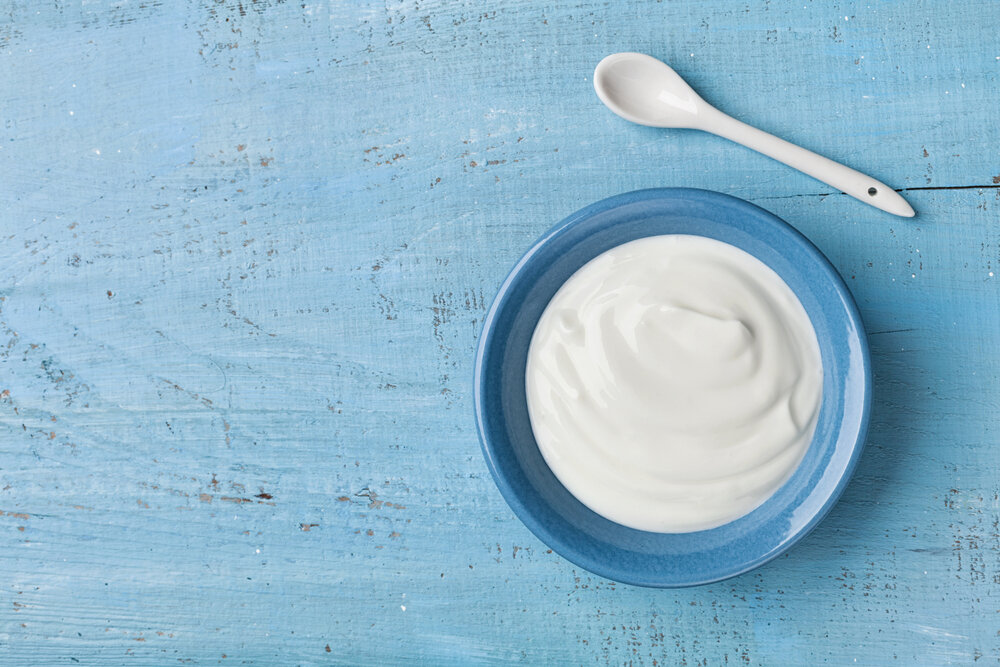
It is a cholesterol-rich food in which certain nutrients like vitamins, protein, and minerals such as calcium, phosphorus, potassium, magnesium, and zinc are present. Around one cup (245 grams) of full-fat yogurt comprises 32 mg of cholesterol.
Studies link increased consumption of full-fat fermented dairy items with lower LDL (bad) cholesterol, BP levels, and a reduced risk of cardiac disorders, diabetes, and stroke. In addition, fermented dairy items such as yogurt benefit intestinal health by promoting friendly gut bacteria.
What foods cause high cholesterol that you must avoid:
While there are several healthful cholesterol-rich foods, there are some that might be harmful to health. What foods cause high cholesterol!! Below are some cholesterol foods that are good to limit or avoid. These are the foods that cause high cholesterol.
1. Fried foods:
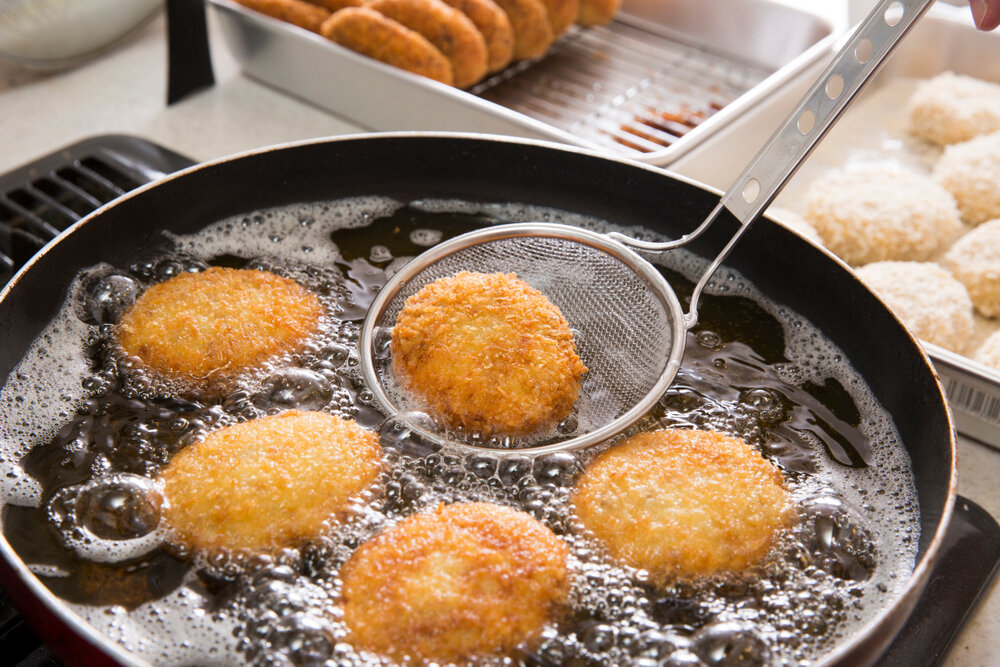
Fried-Food products like cheese sticks or deep-fried meats are cholesterol-rich. It is better to avoid them whenever possible. That’s for the reason that they’re rich in calories and might comprise trans fats. This is a major factor for an increased risk of heart disease and may be harmful to the health in several ways. In addition, fried foods in excess have been associated with a high risk of heart problems, diabetes, and obesity.
2. Processed meats:
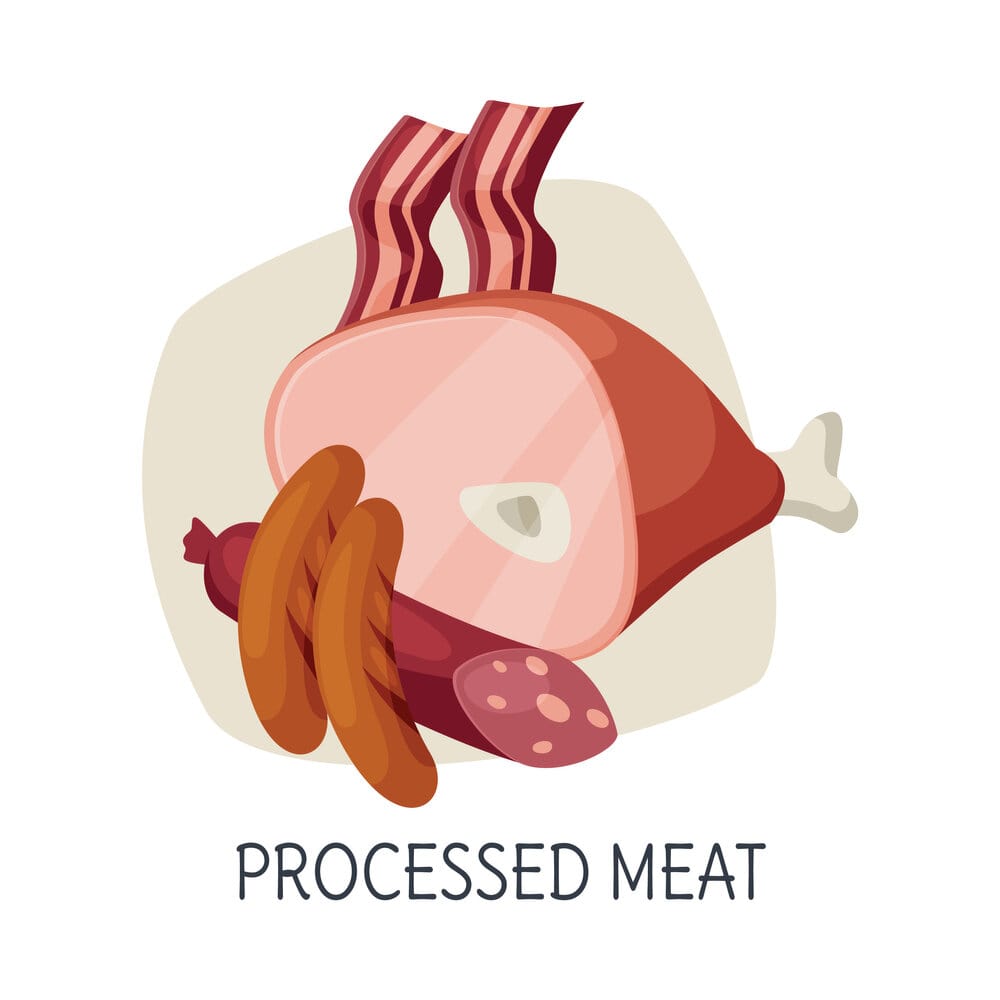
High intake of these foods is linked to increased rates of heart disease and certain cancers, such as colon cancer. A large review involving more than 614,000 participants associated each additional 2-ounce (50-gram) serving of processed meat per day with a 42% higher risk of heart disease. Processed meat items, such as sausages, bacon, and hot dogs, are high cholesterol foods that you should limit in your diet.
3. Junk food:
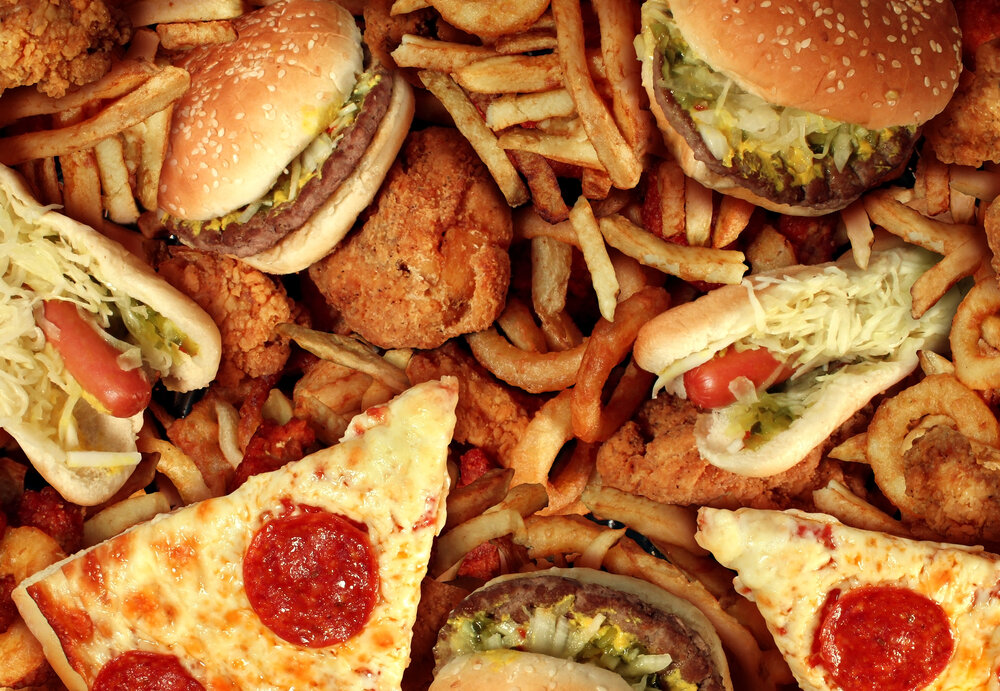
What foods cause High Cholesterol: Consumption of fast food is a major risk factor for several chronic health problems such as diabetes, heart problems, and obesity. People who often consume junk food are expected to have higher cholesterol, more inflammation, high belly fat, and weakened blood glucose control.
Consuming less processed foods and cooking more meals at home are related to less body fat, low body weight, lower bad cholesterol levels, and decreased heart problems.
4. Sweets:
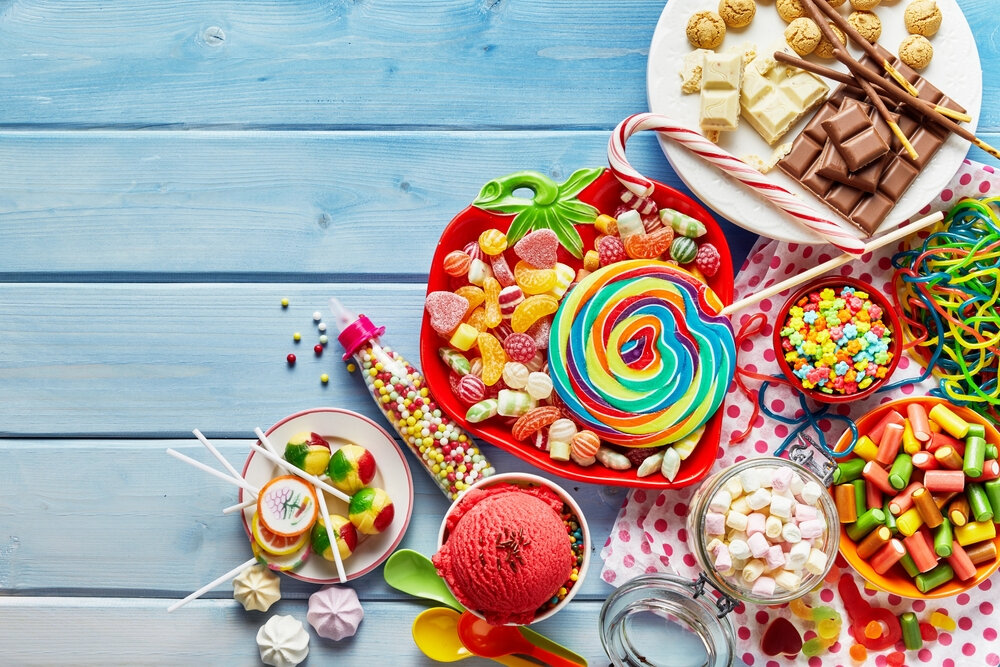
Next bad cholesterol foods including cakes, pastries, cookies, ice cream, or other desserts are expected to be rich in cholesterol and added sugars, calories, and unhealthy fats. People who often eat these foods might have impaired health and might gain weight over time.
Studies associate a high sugar intake with cardiac problems, obesity, diabetes, cancers, and mental decline. Moreover, these foods often lack essential nutrients like vitamins, minerals, healthy fats, and protein required by the body.
What is cholesterol, and is it good for your health?
Cholesterol is a waxy material present in a person’s body and animal sources like meat, eggs, and dairy. Cholesterol is important for producing hormones, producing bile essential for digesting fats, and vitamin D. Moreover, it is a vital constituent of body cells, giving cell membranes strength and plasticity. You must be aware of what foods cause high cholesterol and how to avoid them frequently.
There are Two Types of Cholesterol – LDL and HDL:
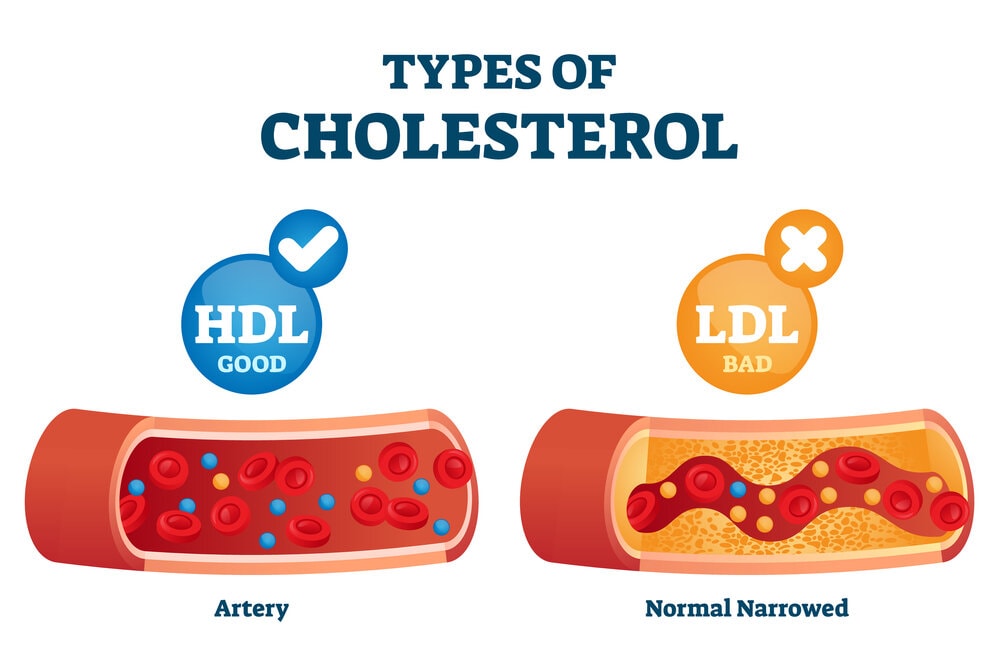
LDL is also called bad cholesterol as it’s related to plaque accumulation in the arteries.
Whereas, HDL, the good cholesterol assists in removing too much cholesterol from the body.
When a person has extra cholesterol, his or her body compensates by decreasing the quantity that it naturally produces. In contrast, in presence of a lower dietary cholesterol consumption, a person’s body enhances the production of cholesterol. And, this makes sure that there’s always an adequate amount of this vital material. Only 25% of the cholesterol in the body system is derived from dietary sources.
What are the Warning Signs of High Cholesterol?
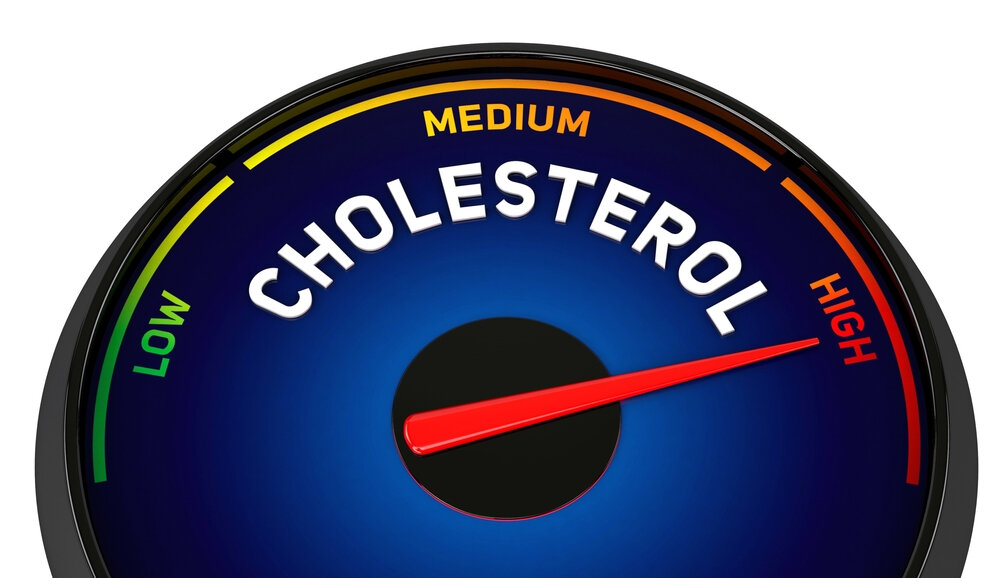
High cholesterol characteristically doesn’t result in any signs. In a majority of cases, it only leads to emergency events. For example, a heart attack or stroke may occur due to damage resulting from high cholesterol.
These events classically don’t take place until high cholesterol causes plaque formation in the arteries. Plaque causes arterial constriction, hence less blood passes through. And, this might also lead to some severe complications.
Is there any harm from dietary cholesterol?
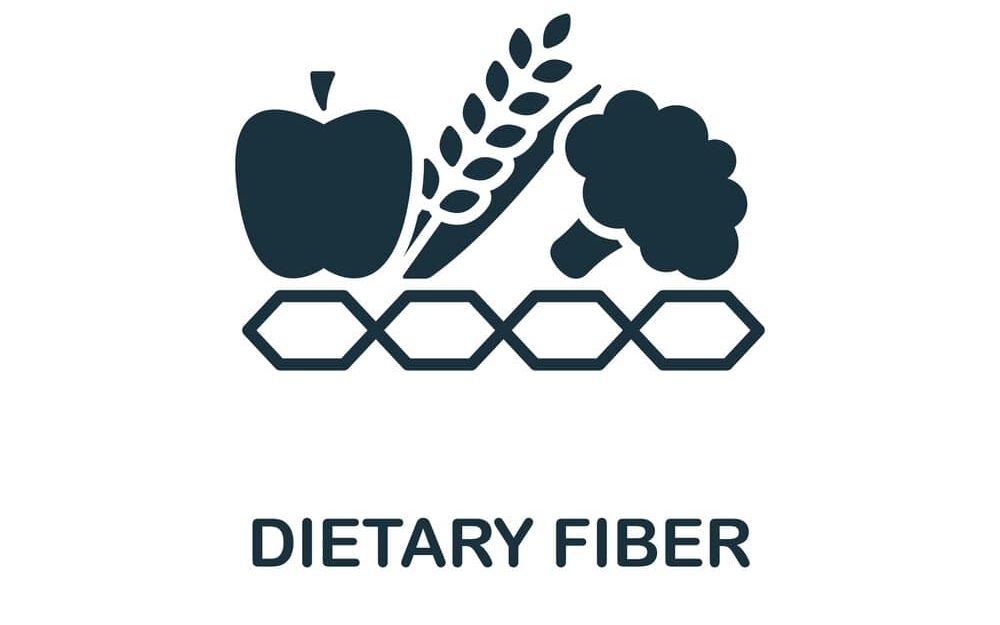
Studies indicate that dietary cholesterol doesn’t considerably have an impact on the cholesterol levels in your body. Even if dietary cholesterol might slightly affect cholesterol levels, this isn’t a problem for many individuals.
2/3rd of the world’s population experience slight or no increase in cholesterol levels after having high cholesterol foods. A small fraction of individuals are considered cholesterol non-compensators or hyper-responders. Also, they seem to be more prone to high cholesterol foods. Yet, hyper-responders are found to reprocess the additional cholesterol back to their liver for elimination.
Moreover, dietary cholesterol has been seen to beneficially affect the LDL-to-HDL ratio. This is measured as the most excellent indicator of cardiac disorder risk.
How to control cholesterol?
Increased LDL or bad cholesterol levels in the body might cause the accumulation of cholesterol in the blood vessels. And, this might enhance the risk of heart disorders. Various dietary and lifestyle modifications may help in lowering LDL levels and producing a more favorable LDL-to-HDL ratio.
Some Healthy, Evidence-Based ways to Reduce the Levels of Cholesterol:
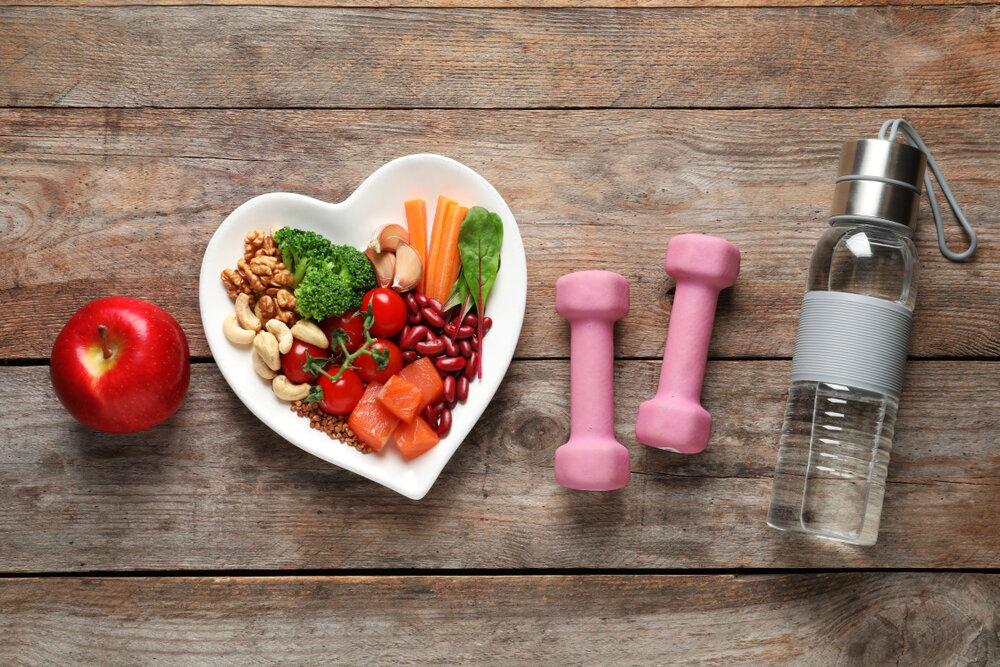
- Eating a low cholesterol diet: A diet for people with high cholesterol includes eating more produce. Studies indicate that individuals who consume more fruits and veggies have lower LDL (bad) cholesterol levels. Also, they are less expected to develop cardiac problems as compared to people who consume fewer of these foods.
- Consume more fiber: Studies indicate that having more fiber, particularly soluble fiber present in fruits, beans, and oats might aid in lowering bad cholesterol levels.
- Lose weight: Weight loss is another way of reducing cholesterol levels. It might lower LDL while enhancing HDL, which is optimal for health.
- Become more active: Increasing physical activity is a great way of reducing cholesterol levels. High-intensity aerobic exercise is the most successful way of lowering bad cholesterol.
- Minimize poor habits: Quitting poor habits like smoking might lower LDL levels. Smoking elevates LDL cholesterol levels and enhances the risk of cancer, cardiac problems, and emphysema.
- High cholesterol medication: If the natural remedies for high cholesterol fail to work, a person might also require high cholesterol medicines to lower their cholesterol.
Trying just some of the above-stated recommendations might considerably lower cholesterol levels. Also, it might cause other health benefits, like weight loss and better dietary habits.
Summary:
Cholesterol-rich food products are not produced equally. While a few, including eggs and full-fat yogurt, are nourishing, others might be detrimental to one’s health. Even if it’s safe for many individuals to enjoy healthy high cholesterol foods, every person must try limiting poor cholesterol-rich foods like sweets, processed foods, fried foods, etc. Keep in mind, that just as food is rich in cholesterol doesn’t imply it can’t fit into a healthful diet. So now you have a detailed information for what foods cause high cholesterol.
FAQs:
What food is good for lowering cholesterol?
Legumes, avocados, nuts, seeds, fatty fish, whole grains, fruits, garlic, vegetables, etc are good for reducing high cholesterol levels.
How to lower LDL cholesterol?
Some of the ways are: cut back the saturated fats. Get rid of trans fats. Consume foods rich in omega-3 fatty acids. Include whey protein in your diets.
What happens if HDL is high?
Very high HDL cholesterol levels may be damaging. Studies indicate that people whose HDL cholesterol levels are more than 60 mg/dL are roughly 50% more expected to have a heart attack or die from cardiac problems compared to individuals whose HDL levels lie in the range of 41-60 mg/dL.
How much HDL is too much?
Individuals who naturally have intensely high HDL levels i.e., more than 100 mg/dL seem to be at a greater risk of cardiovascular problems.
How do I lower my LDL and raise my HDL?
Follow some good practices like regular exercises, eating a low-carb diet, quitting smoking, losing weight, or having fatty fish often.
Does alcohol cause high HDL?
Alcohol elevates the levels of cholesterol and triglycerides in your blood. If your triglyceride levels go too high, they might accumulate in your liver. And, this might lead to fatty liver disease.
Does walking help cholesterol?
Yes, definitely. Walking elevates the “LDL” cholesterol and reduces the “HDL” cholesterol.
Can drinking water reduce cholesterol?
Dehydration or not drinking enough water might cause increased cholesterol levels in the body. Thus, it is good to have water to keep the body hydrated and reduce high cholesterol levels.
Does lemon water lower cholesterol?
As per recent studies, lemon juice is thought to aid in reducing cholesterol levels and improving heart health. These benefits are because of the high levels of flavonoids and vitamin C present in lemon juice, that help in reducing high cholesterol. Hope You are Understood What foods cause high cholesterol

